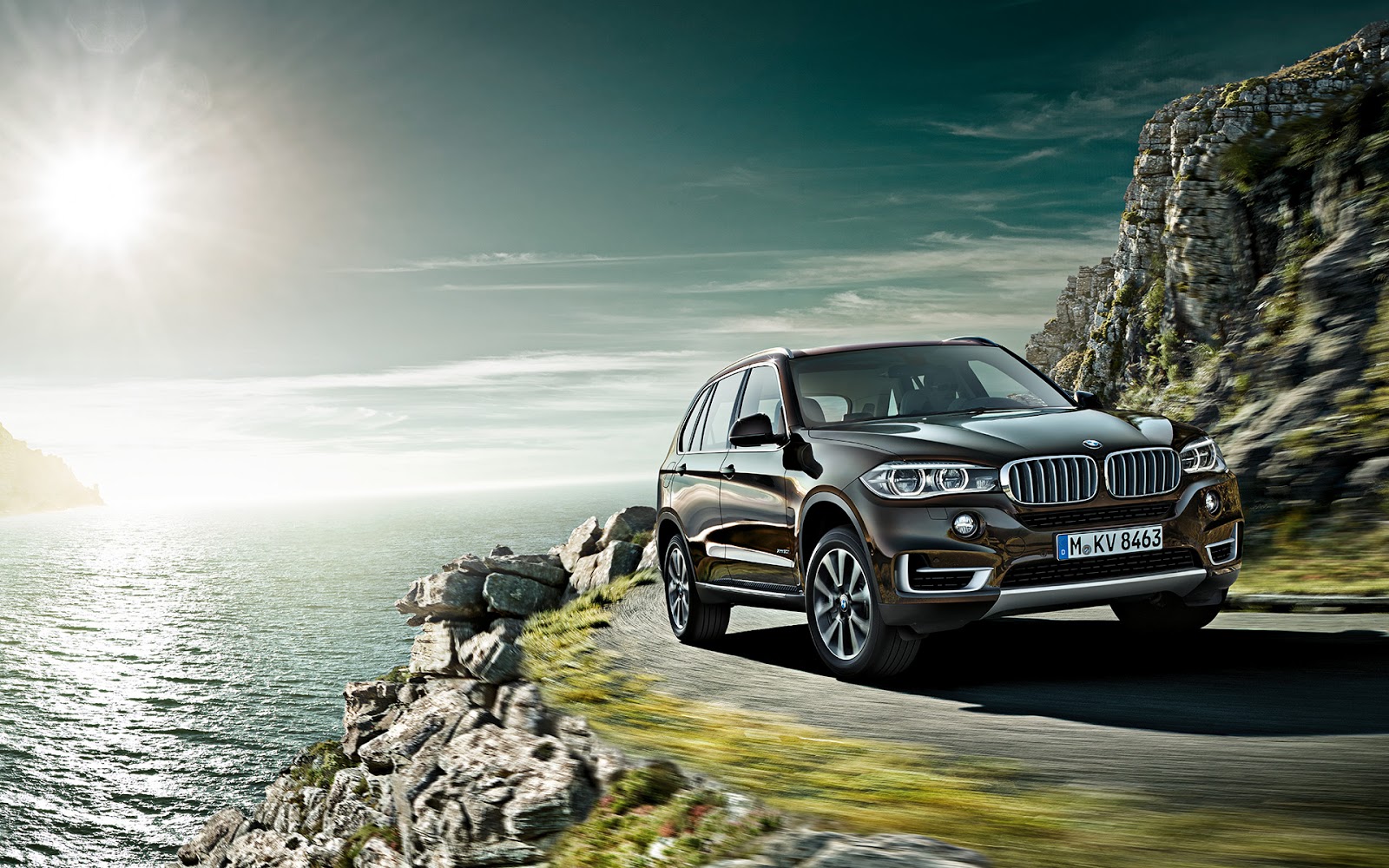
You’ll have to stand back to take in the entirety of the 3rd generation BMW X5. With power that can overtake, capacity that feels infinite, and design that stuns from city streets to winding highways, this car doesn’t just embody space—it can escape to a place that has more of it.
The X5 has enough luxurious space for everybody. Rear Comfort seats with enhanced foam padding offer 3” of forward/backward movement, putting passengers in the perfect position to utilize a DVD drive and two optional 9.2” LCD screens. An optional third row seat offers extended capacity, and includes its own climate control.

Audi’s luscious R8 is beautiful to behold, easy to live with, and simply marvelous to drive—all the qualities you’d want in a sports car. The base engine is a 5.2-liter 540-hp V-10; the V10 Plus makes 610 hp. All-wheel drive is standard, as is a seven-speed automatic. The handsome interior features a 12.3-inch configurable display in lieu of traditional gauges; there is also 4G LTE connectivity and Wi-Fi hotspot capability. Only a coupe is offered for now; expect the Spyder version this summer.
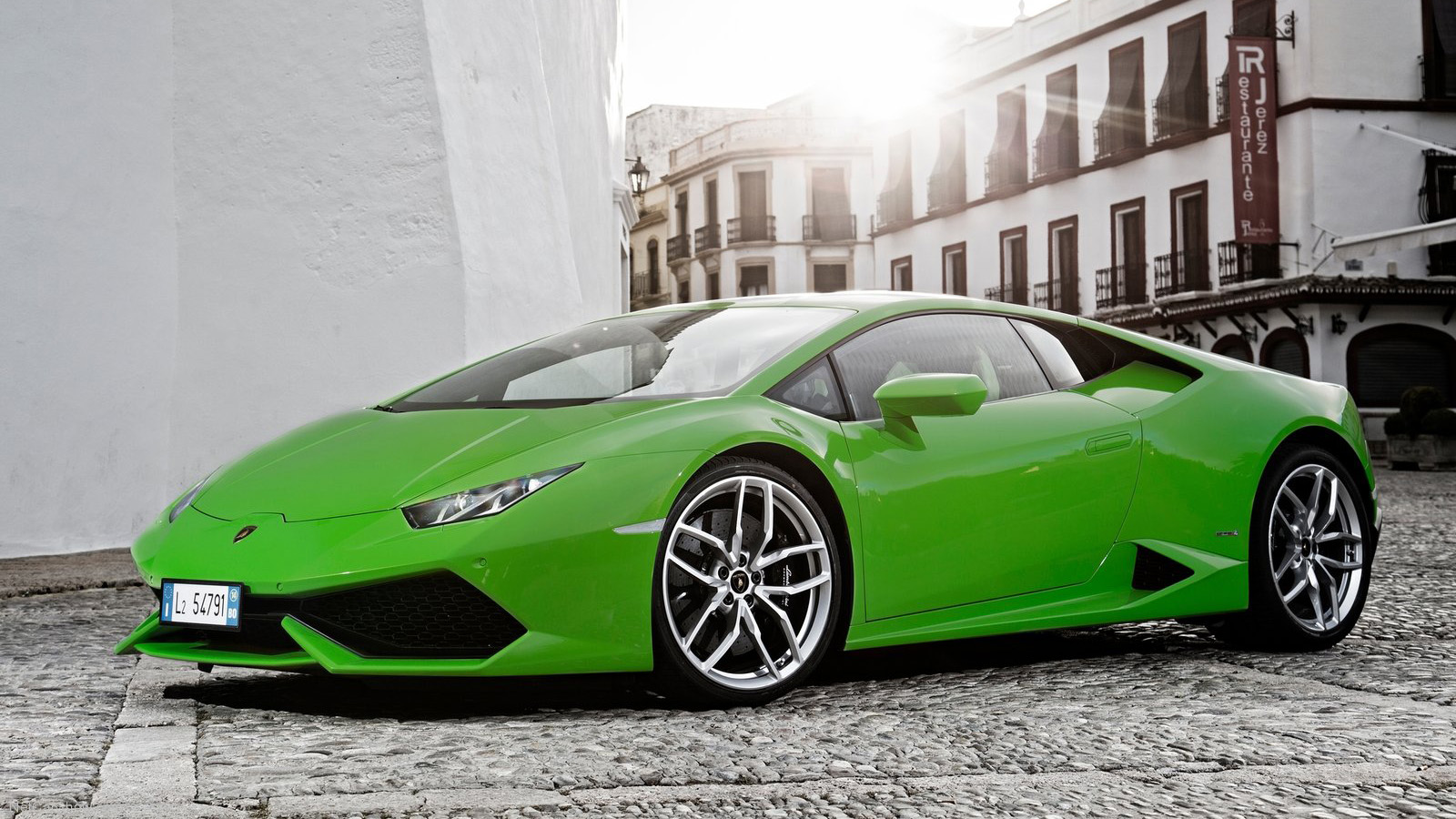
The Huracán LP 610-4 Polizia is the official police car version of the Lamborghini specifically produced for the Italian State Police, after the two Gallardos used by the Polizia Stradale were destroyed in car crashes. This model sports various features not included in the civilian 610-4 Coupe, such as blue Polizia body colour, white stripes and lettering following the Huracán’s dynamic design language, a video system positioned in the centre of the cabin with a camera fitted next to the rear view mirror, a computer, recording equipment behind the seats, a Proof Video Data System, gun holster, police radio equipment, a Paletta (the traditional hand-held stop sign used to advise motorists and traffic offenders to pull over), a removable screen, a refrigeration system at the luggage compartment in the front of the vehicle, a defibrillator, and a police beacon with blue LEDs around the base and white LED signals on the front, sides and rear of the light’s aluminium shell.
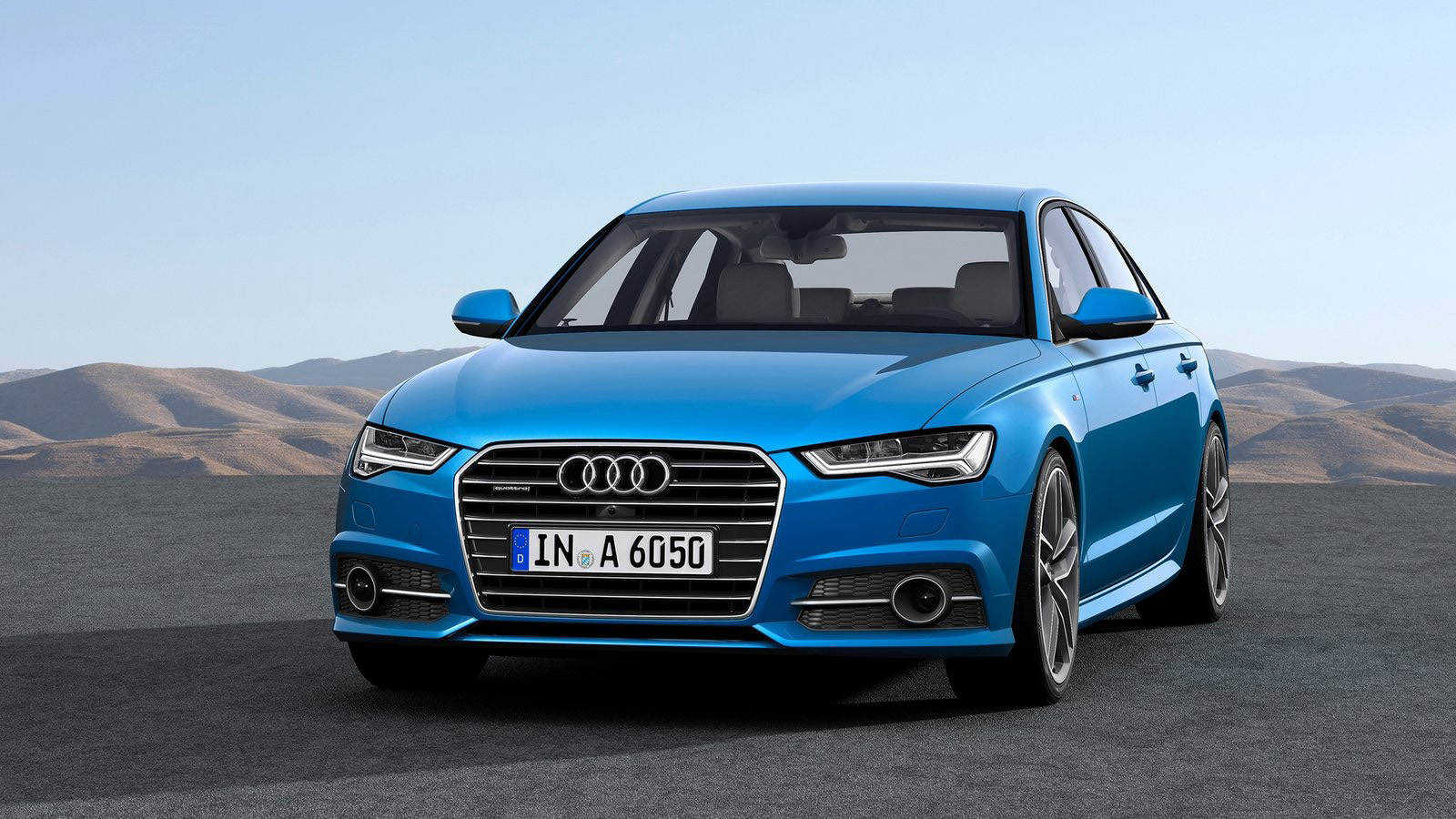
Audi’s mid-size car was previously named the Audi 100 (or Audi 5000 in the United States), and was released in three successive generations (Audi C1, Audi C2 and Audi C3).[2] In 1994, the latest generation (C4) of the Audi 100 received a facelift and was renamed as the Audi A6, to fit in with Audi’s new alphanumeric nomenclature (as the full-size A8 had just been introduced). The exterior was changed only slightly from the «C4» Audi 100 – new front and rear lights, new radiator grille, similarly with chassis and engine and transmission choices. The United Kingdom was the first market to receive the A6, as stock of RHD Audi 100s had run out before expected, and before the rest of mainland Europe.
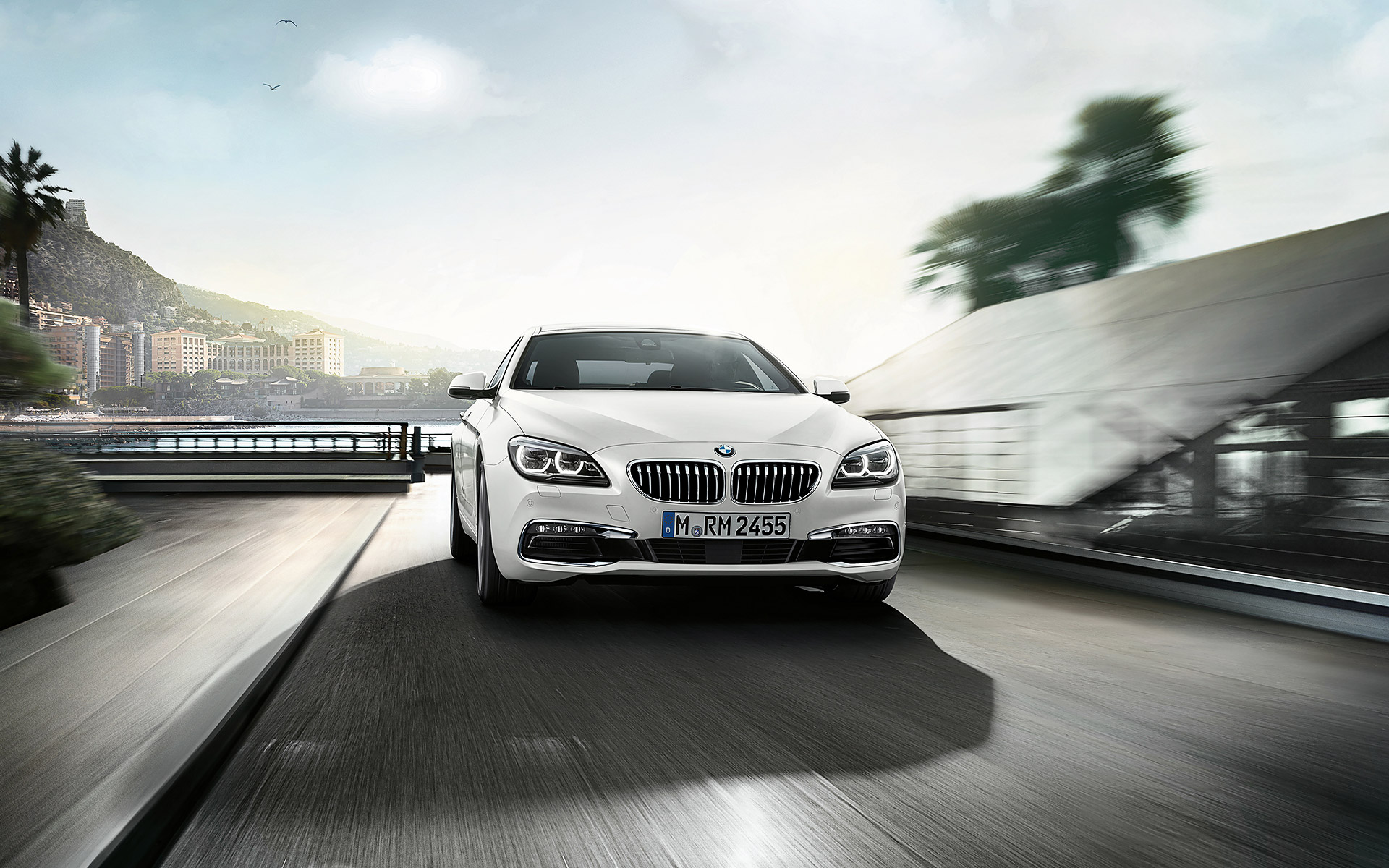
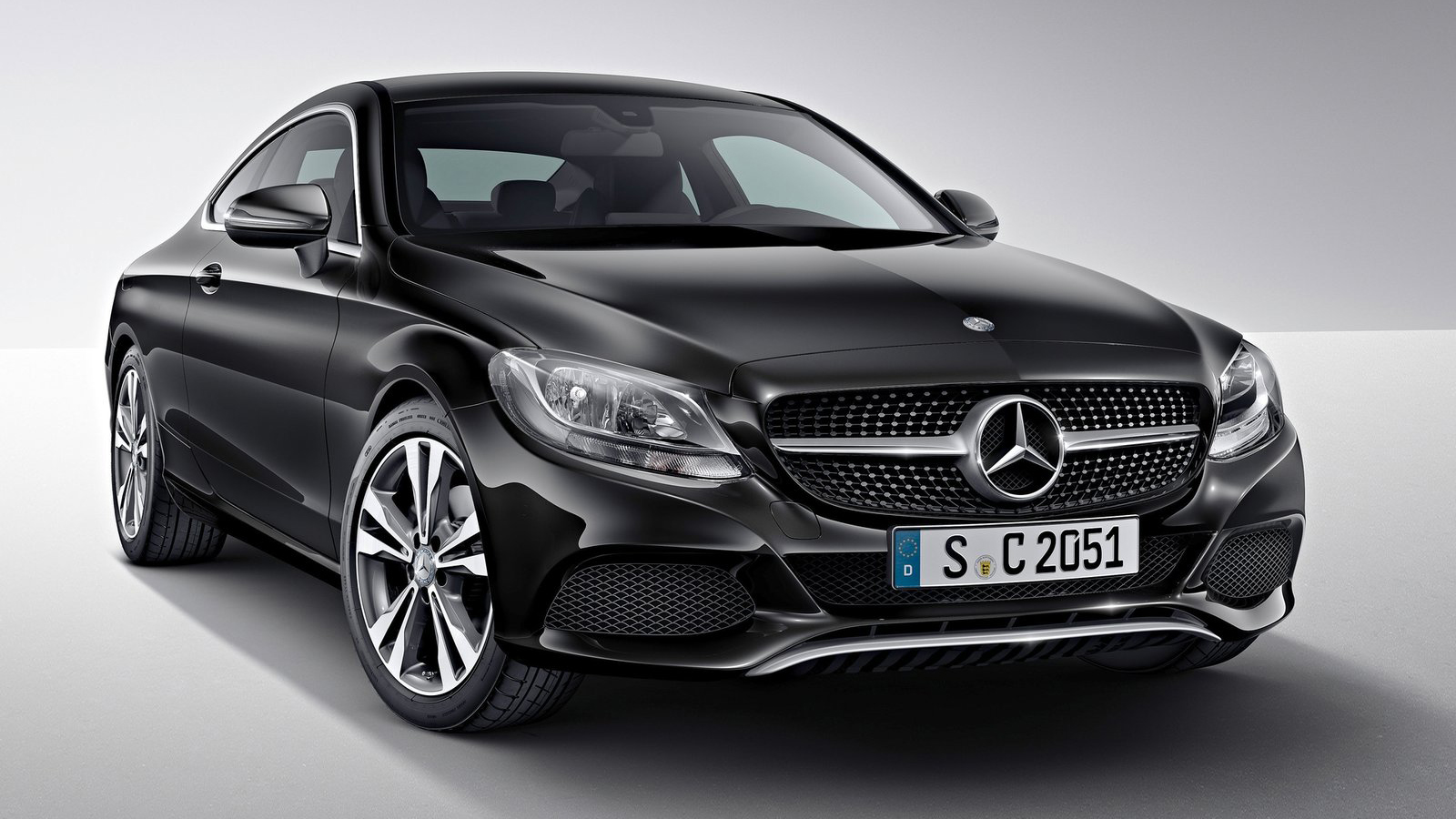
Debuted at the 2015 Frankfurt Auto Show, the appearance of the C-Class coupe leans heavily on that of the 2014 C-Class saloon. The two share the same basic front-end styling treatment though to the leading edge of the doors. From there back, the second-generation C-Class Coupé closely mimics the design of the 2014 S-Class Coupé.
Key exterior design elements include uniquely shaped headlights, a bold grille with diamond-shaped inserts, prominent front wheel arch flares, strong structure to the flanks, heavily plunging roofline, prominent hunches over the rear wheel arches, a generously tapered glasshouse, acutely angled rear window, high-set bootlid, horizontally mounted tail-lights and trapezoidal tailpipes integrated into the lower section of the rear bumper
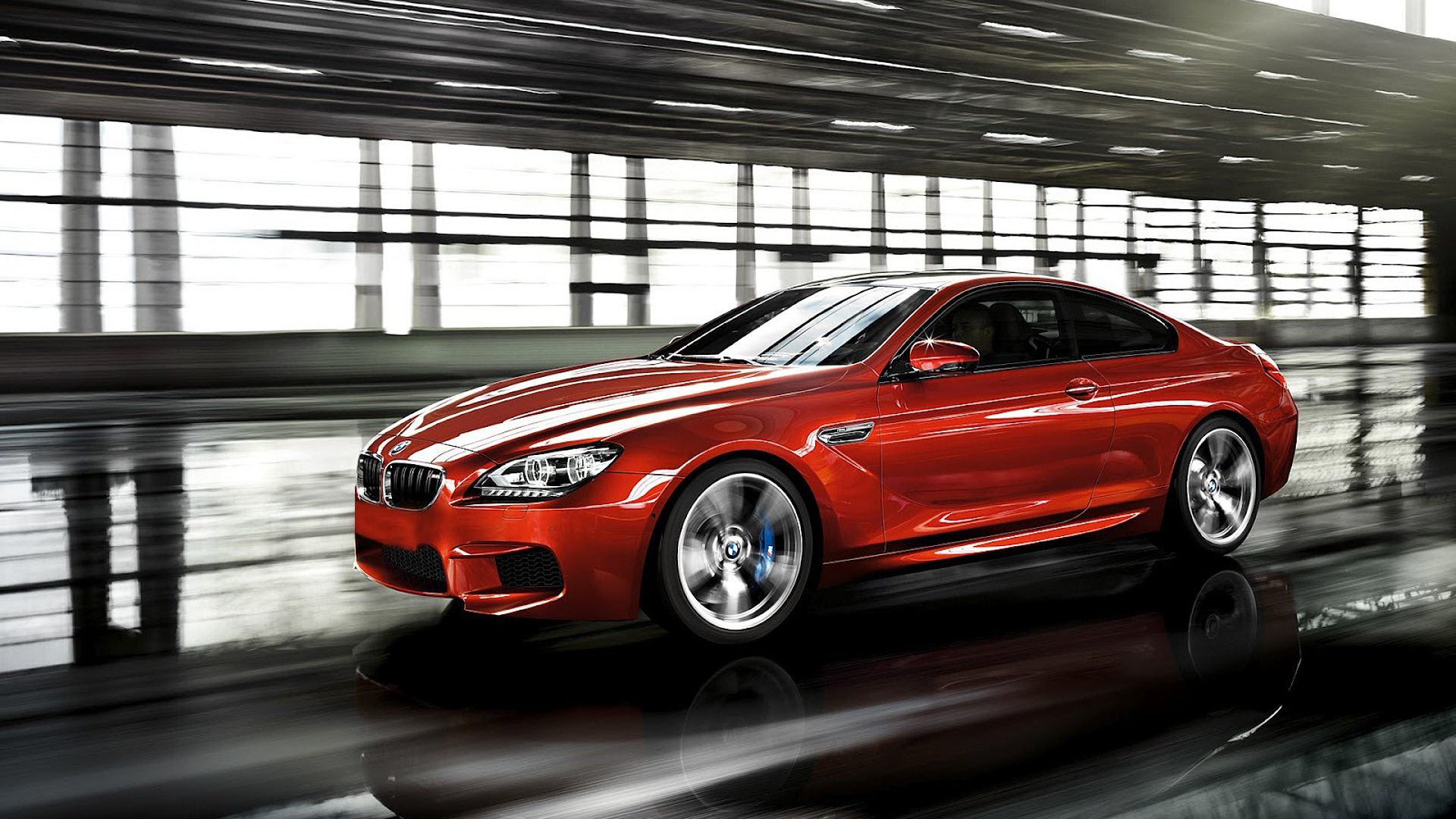
Feisty characteristics: the striking crease line originates behind the front axle, runs upwards in the rear wing and emphasises the sporty-dynamic wedge shape. Combined with the muscular wheel housings it proves that the BMW 2 Series Coupé is always ready to take the lead. Conformity for the nonconformist: when you take a seat behind the wheel of the BMW 2 Series Coupé you enter the limelight. This is because the entire cockpit is orientated towards the driver.
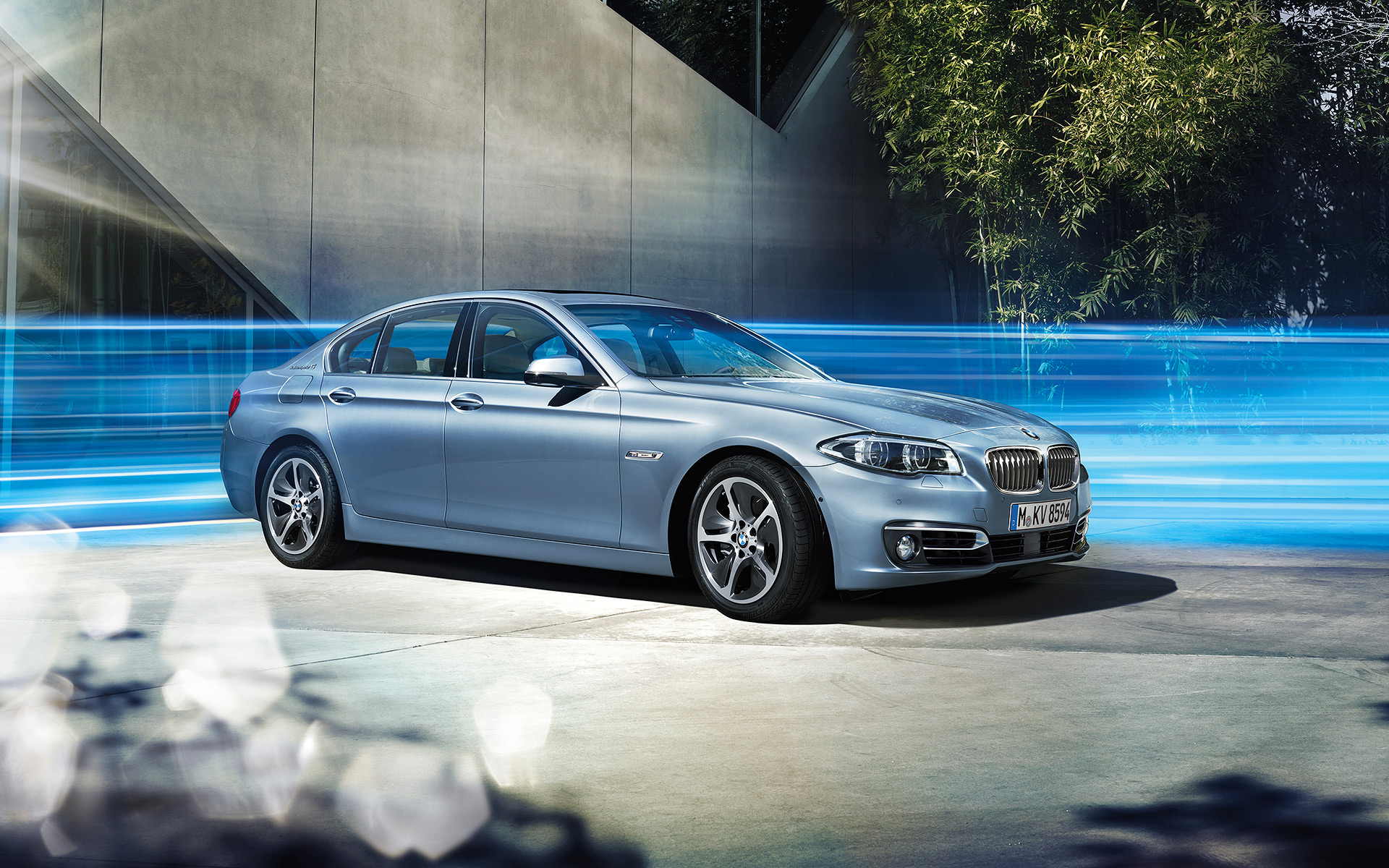
The F10/F11/F07 is the sixth generation 5-Series, produced from 2011–present. The platform is based on the F01 7 Series; improvements include a front dual ball joint short-long arm suspension (replacing the MacPherson strut suspensions BMW previously used), and a rear multilink suspension.
The interior marks the return of the centre console being clearly angled towards the driver, another marked change from its immediate predecessor which was noted for its non traditional BMW design. However, opinion is divided, as a reviewer described the F10 as too bland and conservative, compared to the E60 predecessor, as well as having too much of a resemblance to the E90 3-Series.
The F10 M5 uses the S63 twin-turbocharged V8 engine and is the first M3 or M5 to use forced induction.
A long-wheelbase version is sold in China. Mexican-built armored BMW 5 vehicles are also built on the wheelbase from the Chinese long-wheelbase model. This armoured model is known as the BMW 5 Security and only is available in long-wheelbase form with the 4.4L V8 engine.
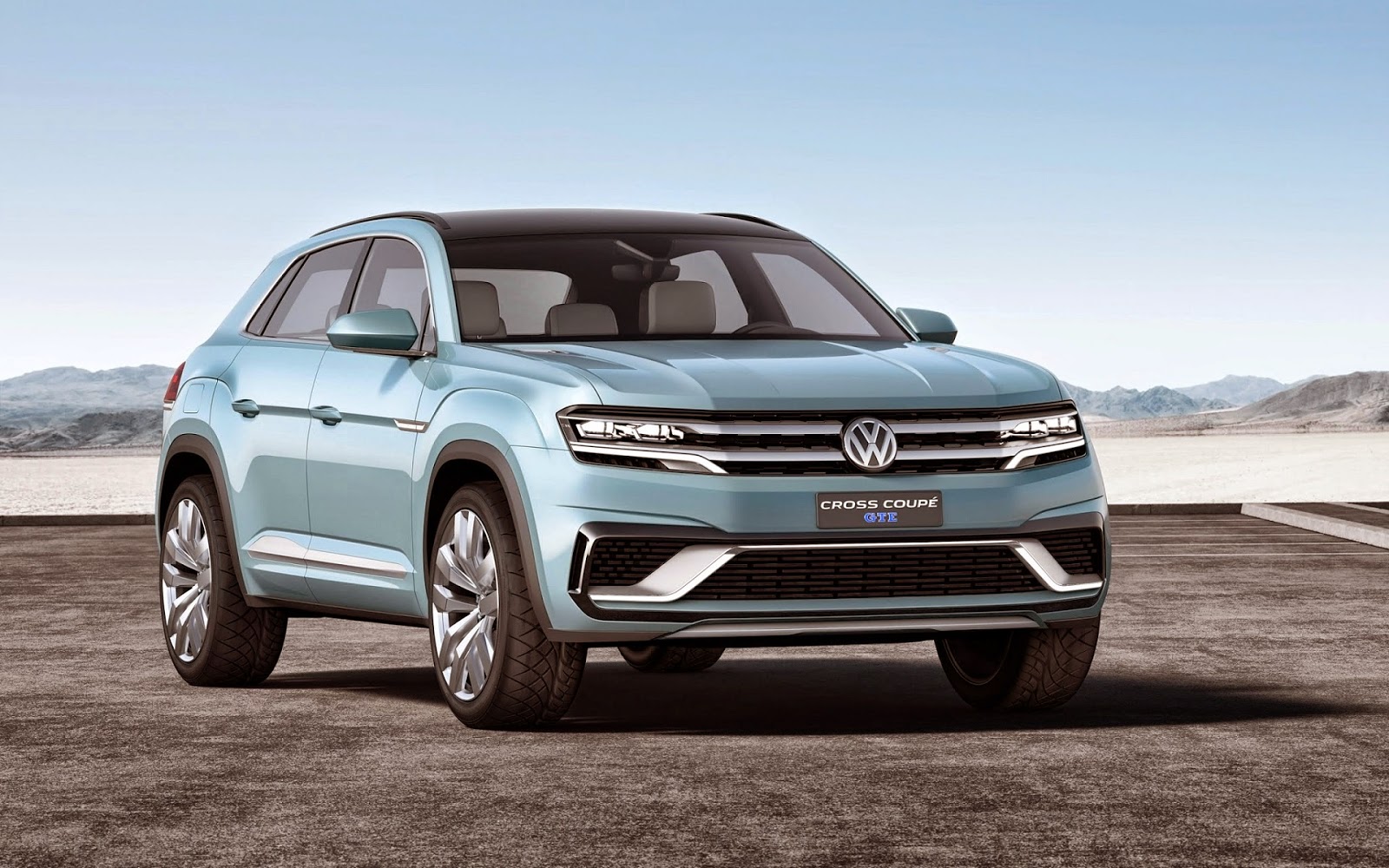
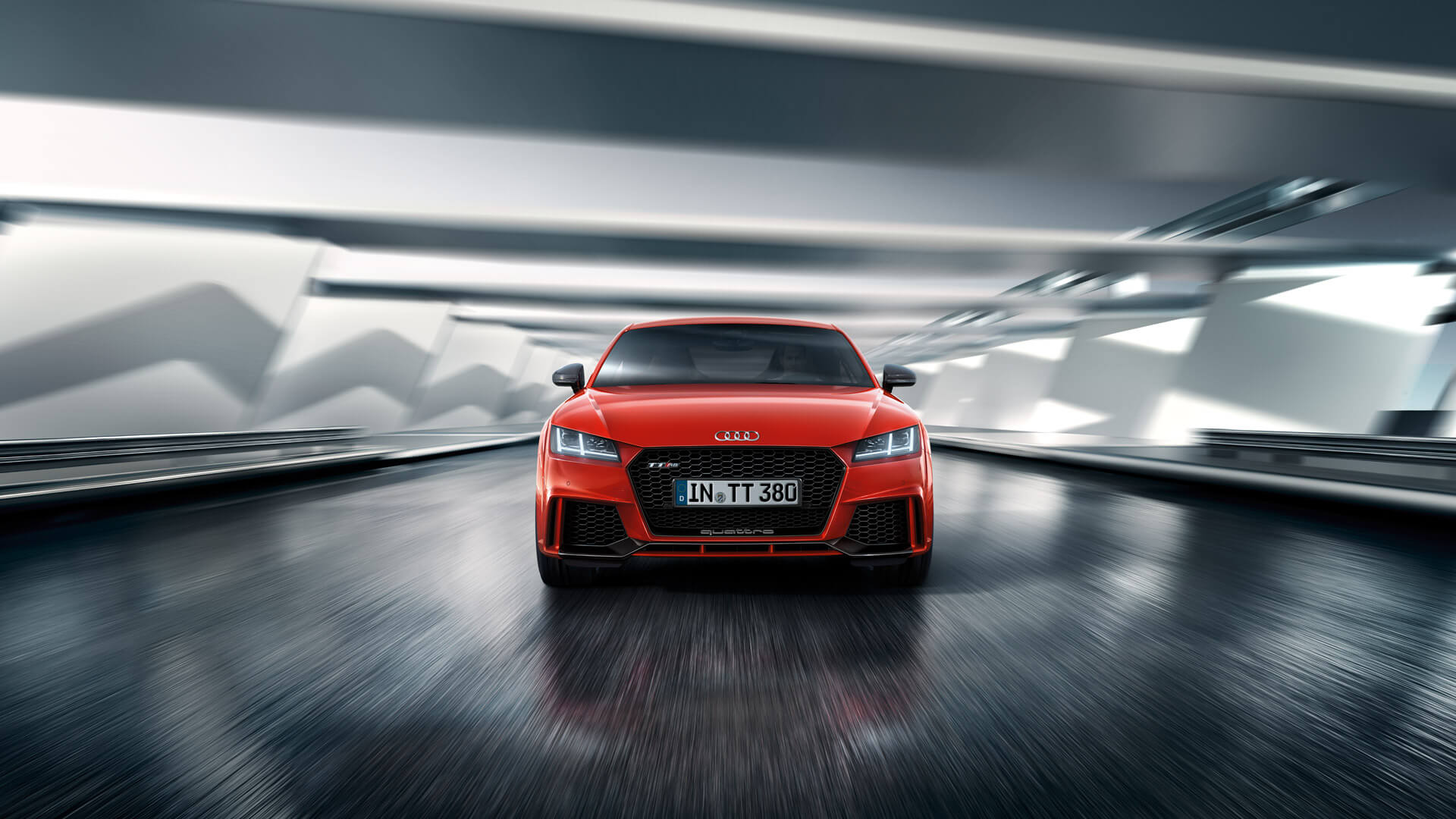
The production model (internal designation Typ 8N) was launched as a Coupé in September 1998, followed by a Roadster in August 1999. It is based on the Volkswagen Group A4 (PQ34) platform as used for the Volkswagen Golf Mk4, the original Audi A3, the Škoda Octavia, and others. The styling differed little from the concept, except for slightly reprofiled bumpers, and the addition of a rear quarterlight windows behind the doors. Factory production commenced October 1998.
Early TT models gained press coverage for a series of high-speed accidents in Europe. Reported crashes and related fatalities occurred at speeds in excess of 180 kilometres per hour (110 mph), during abrupt lane changes or sharp turns. Both the Coupé and Roadster models were recalled in late 1999/early 2000, to improve predictability of the car’s handling at very high speeds. Audi’s Electronic Stability Programme, and rear spoiler were added, along with suspension modifications. All changes were subsequently incorporated into future series production versions of the car.